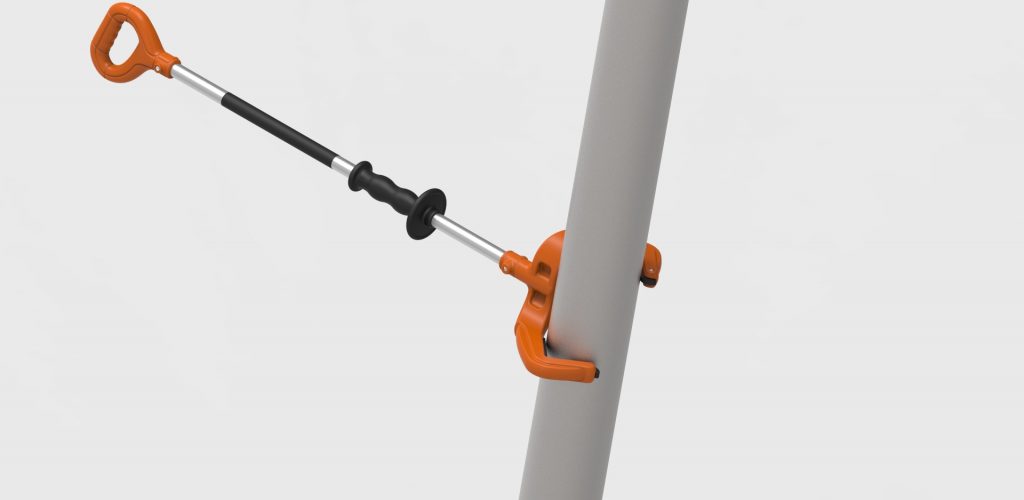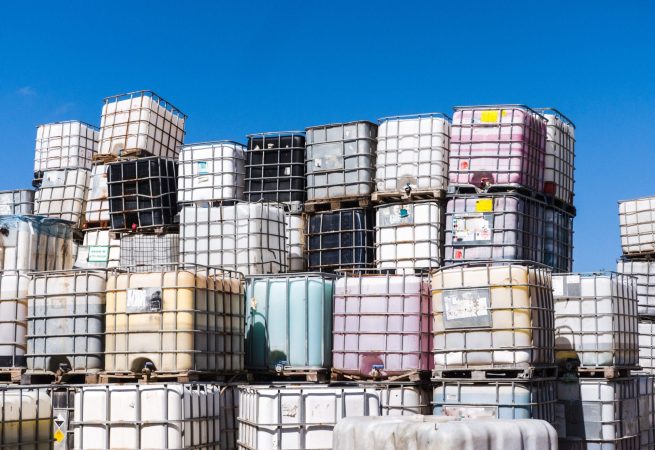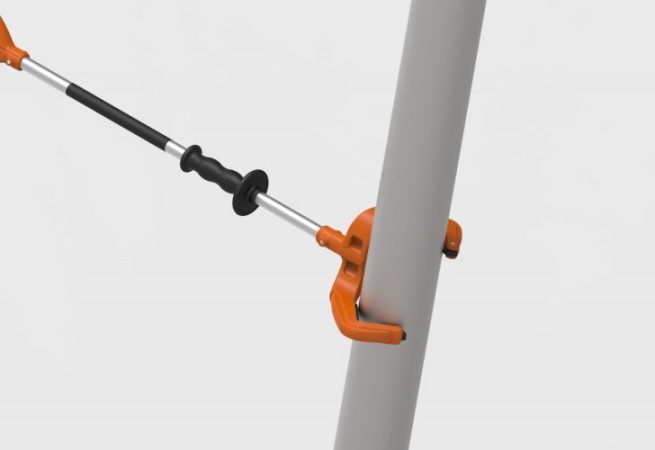

Why Choose IBC Container for Chemical Transport
Industrial services require safe chemical transportation systems due to basic operational safety requirements. The Intermediate Bulk Container (IBC) stands as a top selection for chemical transportation. The market adoption of IBC containers grew because they combine long-lasting characteristics with practical functions that support safe operations.
Why IBC containers are an excellent choice for chemical transport
Durability and strength
Due to their strength and durability IBC containers serve as effective carriers for chemical transportation. The main materials used for these containers consist of HDPE and stainless steel because both display outstanding resistance to tough environmental conditions. The protective capabilities of IBC containers depend on their ability to withstand physical contact together with heat and cold exposure and chemical corrosive agents. Businesses can depend on IBC containers to store chemical materials because these containers simultaneously protect product integrity and maintain environmental protection standards.
Versatility across industries
An ibc container for chemical transport serves multiple functions because they accept various chemical materials extending from corrosive liquids and oils through powders and granules. IBC containers serve as essential pieces of equipment that chemical industries and pharmaceutical organizations together with food processing facilities and agricultural operations need for substance handling. IBC containers allow chemical transportation within all industrial sectors through their customizable design features. IBC containers function as versatile units which meet various business demands for moving industrial bulk chemicals as well as food grade liquids.

Cost effective and eco friendly
IBC containers serve as an economical method to transport chemicals. These items can be reused for multiple uses because they are designed for cleaning and refilling thus minimizing packaging waste. Various uses of IBC containers reduce business expenses associated with packaging material costs in the long term. Reusing IBC containers results in a lower environmental impact because they surpass the sustainability of single use plastic drums and bags. Companies that select IBC containers achieve the benefits of protecting the environment and reaching sustainability objectives.
Compliance with regulations
The chemical transport industry needs to follow all safety regulations at all times. IBC containers fulfill all requirements established by strict regulations. These containers are approved to provide safety standards as well as handling of relative hazardous materials in transportation. Your business will avoid payment of expensive fines and penalties when you select an IBC container because it complies with both national and international legal requirements.
Concluding
IBC containers serve the chemical transportation sector exceptionally well because they provide long term durability, safety systems, and operational effectiveness. A business that selects IBC containers obtains a safe solution to transport chemicals while achieving both efficiency and sustainability.

Discover the Best Offshore Handling Tools for High-Performance Operations
In the offshore sector, accuracy, safety, and efficiency rule absolutely. Having the correct offshore handling tools is absolutely vital, whether your profession involves handling dangerous items, big machinery, or challenging climatic conditions. The offshore sector calls for sturdy, easy-to-use, and able-to-resist-severe-circumstances specialized instruments. The top offshore handling tool instruments available to help your operations and raise general performance.
The importance of choosing the right offshore handling tools
Tools for offshore handling are meant to handle physically difficult jobs involving working in conditions that test even the most seasoned workers. Choosing appropriate tools guarantees seamless operations, lowers downtime, and helps to avoid injuries. Choose tools that provide dependability and longevity in an offshore location, where the weather can be erratic and the equipment is exposed to seawater and strong winds.

Types of offshore handling tools for high-performance operations
Commonly used offshore handling tools of several kinds help to improve operational effectiveness. These are some important instruments meant to operate at the best possible performance:
- Hydraulic Tensioners: Safe and effective handling of cables, ropes, or other tension-based materials employed in offshore operations depends on hydraulic tensioners. In applications like subsea installation or mooring line installation, exact control over the tensioning process guarantees that cables are firmly installed—a must.
- Winches and Hoists: Fundamental offshore handling instruments that help with lifting and lowering large equipment are winches and hoists. For jobs like the transporting of equipment from ships to platforms or seabed activities, they are perfect for operations under heavy loads and provide exact control.
- Rigging Tools: Safe movement of big objects depends on rigging instruments like slings, spreader beams, and shackles. They guarantee that loads are handled with the most balance and security available. Designed to fulfill strict safety criteria, offshore rigging tools let workers securely transport goods, tools, and materials between vessels, platforms, or even underwater sites.
- Air and Electric-Powered Tools: Offshore operations can call for power tools fit for several high-pressure situations. Precision work—including drilling, cutting, and tightening—dependent on air-powered and electric instruments, is absolutely vital.
In challenging operations, offshore handling tool are crucial for guaranteeing excellent performance and efficiency. Selecting the correct tools—hydraulic tensioners, winches, hoists, rigging equipment, and air or electric-powered tools—allows operators to maximize output and reduce hazards. In any offshore setting, giving tool quality, consistent maintenance, and safety measures top priority will help to guarantee seamless operations. Investing in the latest offshore handling technologies helps businesses make sure they are confidently ready to meet the toughest offshore difficulties.












